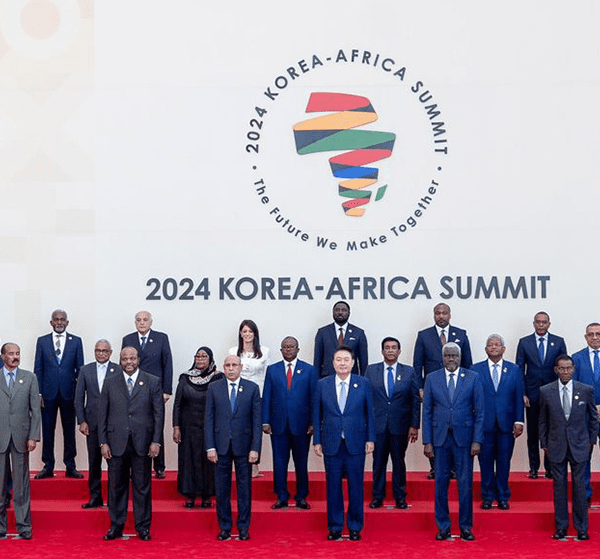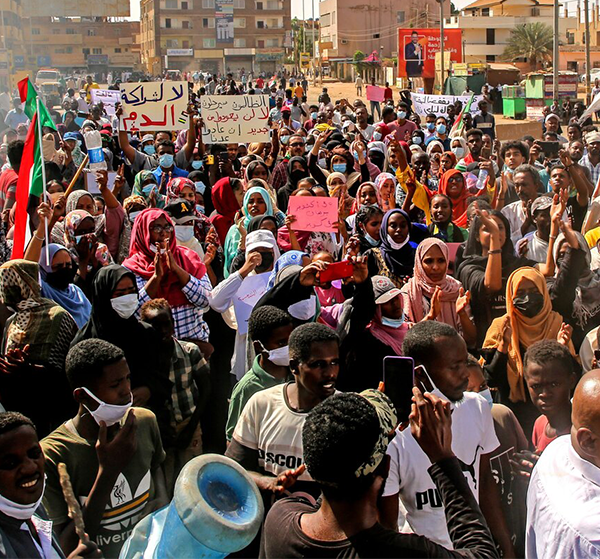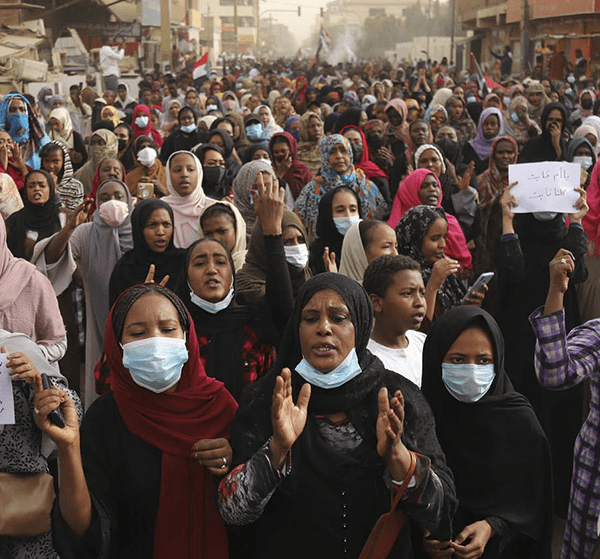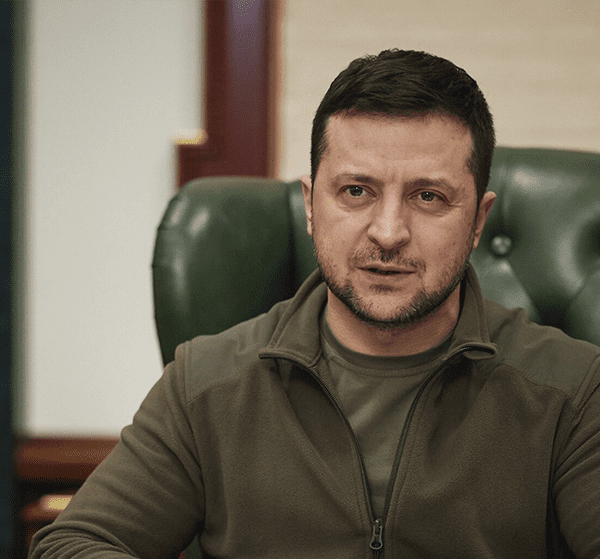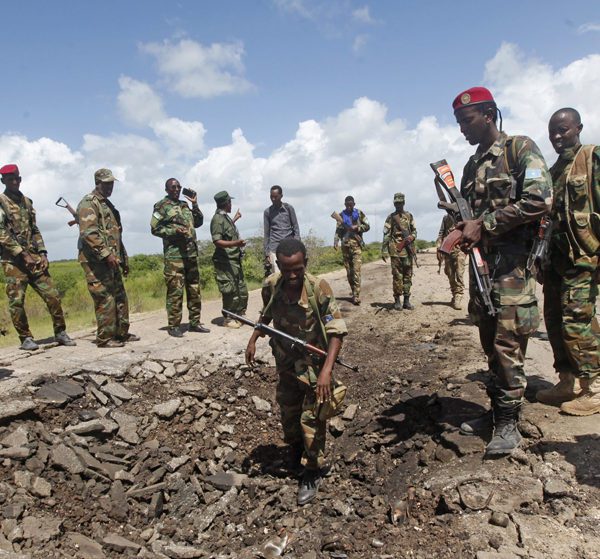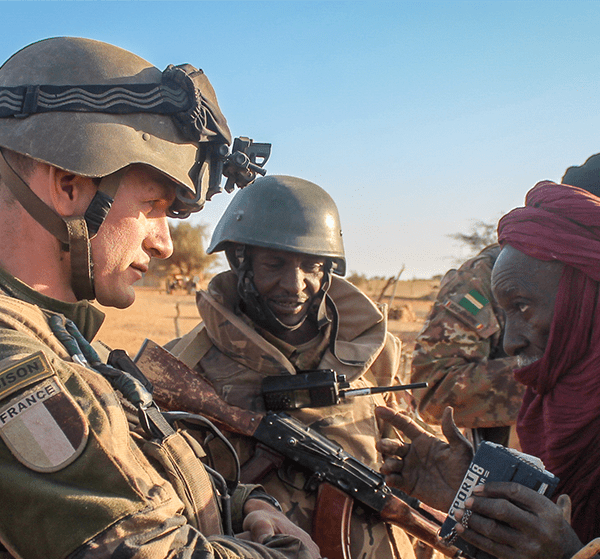About Djibouti
Capital: Djibouti
Population Estimate: 988,000 (Source: World Bank)
Area: 23,200 square kilometers
Borders: Eritrea (north), Somalia (south), Ethiopia (east), Indian Ocean
Independence Day: May 8, 1977
President: Ismail Omar Guelleh
Major Religion: Islam
Other Common Religions: Eastern Orthodoxy and Roman Catholicism
Currency: Djiboutian Franc
Key Challenges: Deforestation, Desertification, Water Pollution, and the Protection of its Wildlife
Interesting Fact: Several developed countries (USA, China, and Japan among others) have military or naval bases in Djibouti
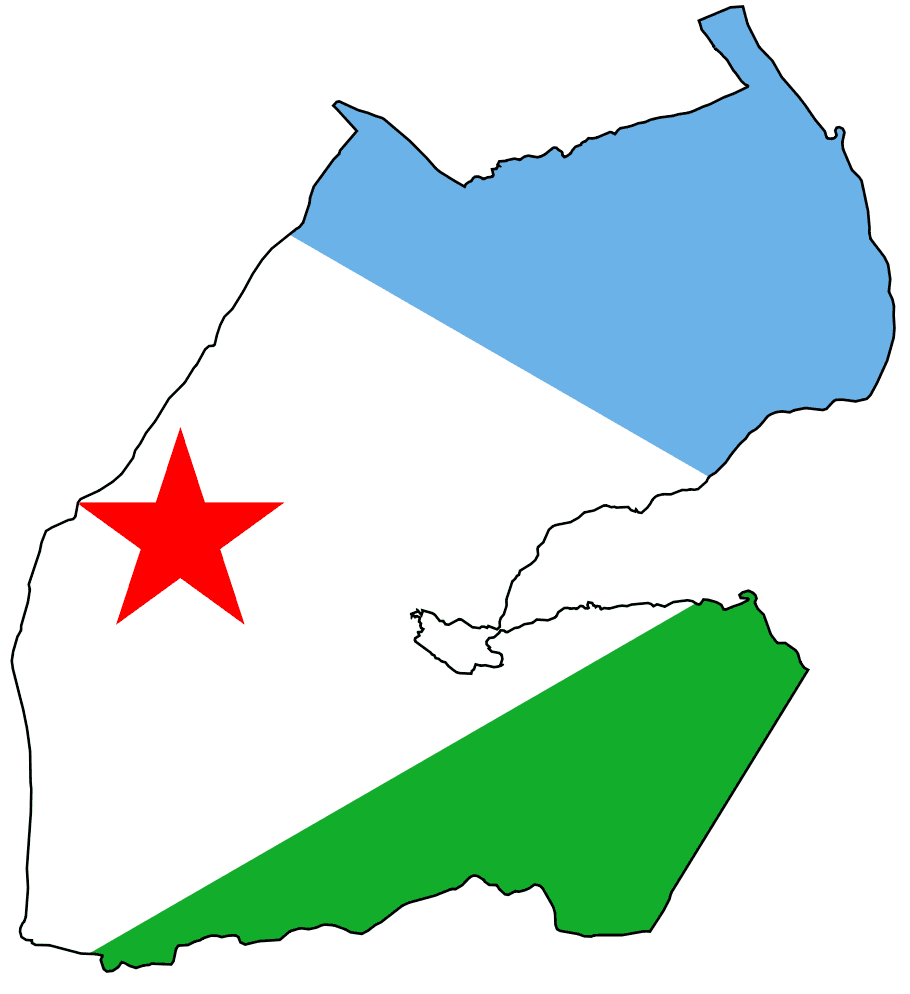
Country Analysis
_
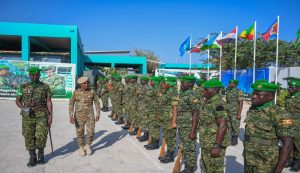
From AMISOM to AUSSOM: The African Union’s Evolving Role in Stabilizing Somalia
The African Union (AU) has played a central role in stabilizing Somalia for over a decade, evolving through a series ...
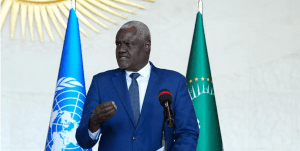
Evaluating Moussa Faki’s Tenure as the AU Commission Chairperson: Achievements, Setbacks and Challenges
Moussa Mahamat Faki’s tenure as the African Union Commission (AUC) Chairperson will be coming to an end in February 2025 ...
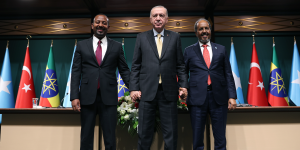
The Ankara Initiative: Turkey’s Diplomatic Triumph in the Ethiopia-Somalia Conflict
The Horn of Africa, a region often synonymous with protracted conflicts, resource disputes, and fragile state structures, has witnessed a ...
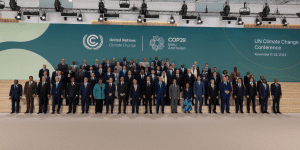
COP29 in Baku: A Post-Conference Analysis of Climate Action Commitments and Challenges
The dust has settled on the twenty-ninth annual UN climate change conference (COP29), held in Baku, Azerbaijan, and the global ...

April 2019
In April, the operational environment in Djibouti has remained stable. Due to the volatile situations persisting in Eritrea, Ethiopia, Somalia ...

March 2019
French President Emmanuel Macron met French troops stationed in Djibouti as he concluded his visit to the Horn of Africa ...

February 2019
In line with its 2035 economic vision, which is to triple the country’s per capita income, the country has had ...

January 2019
Djibouti’s economy is currently driven by the country’s water port complex. Trade, through Djibouti’s port, is expected to grow rapidly ...

December 2018
Djibouti’s recent developments have been driven by fourregional and international factors: the end of the Ethiopian – Eritrean ‘war’, the ...
Latest Articles
_

